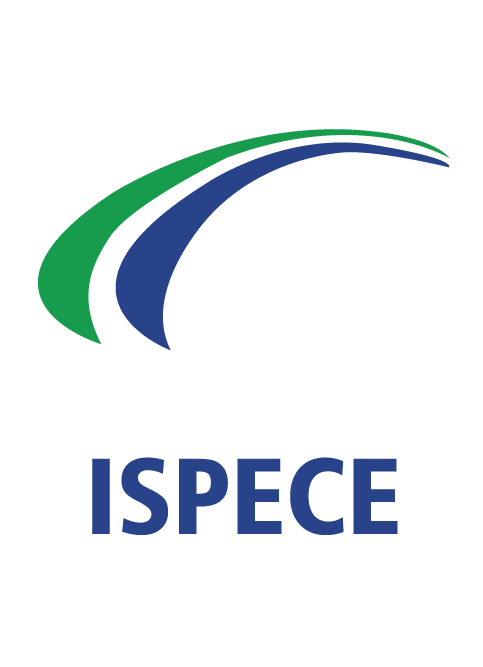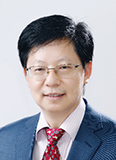

Prof. Yongduan Song (link)
Fellow of IEEE, Fellow of International Eurasian Academy of Science, Dean of School of Automation, Chongqing University
Research Experience:
He received his Ph.D. degree in electrical and computer engineering from Tennessee Technological University, Cookeville, TN, USA, in 1992. He held a tenured full professor position with North Carolina Agricultural and Technical State University, Greensboro, NC, USA, from 1996 to 2008, and a Langley distinguished professor position with the National Institute of Aerospace, Hampton, VA, USA, from 2005 to 2008. He was one of the six Langley Distinguished Professors with the National Institute of Aerospace (NIA), and the Founding Director of the Center for Cooperative Systems with NIA. He is currently the Dean of the School of Automation, Chongqing University, Chongqing, China, and the Founding Director of the Institute of Smart Engineering, Chongqing University.
Dr. Song is a leading researcher in neural networks (NN) based adaptive control, significantly contributing to both NN theory methods and engineering applications. He is very active as associate editors for top IEEE journals, including IEEE Trans. on Neural Networks, IEEE Trans. on Automatic Control, IEEE Trans. Systems, Man, and Cybernetics, IEEE Trans. on Intelligent Transportation Systems, IEEE Trans. on Cognitive and Developmental Systems. As a scientific leader in the field of systems and control, he has been serving on various national and international technical committees.
Prof. Song has made original contributions in neural network adaptive control of nonlinear systems with real world applications, which can be assessed by his publications (over 200 papers) in prestigious international journals, including IEEE T-NNLS, IEEE T-FS, IEEE T-SMC, IEEE T-Cybernetics, IEEE T-AC, IEEE T-IE and Automatica. He authored/co-authored 10 books in the field of control and artificial intelligence. He also held 50 patents, some of which have gone through technology transfer with an estimate market value of over $10 millions. He has given many keynote talks and invited talks, chaired numerous conferences.
Prof. Song has made fundamental contributions to advancement of the following areas.